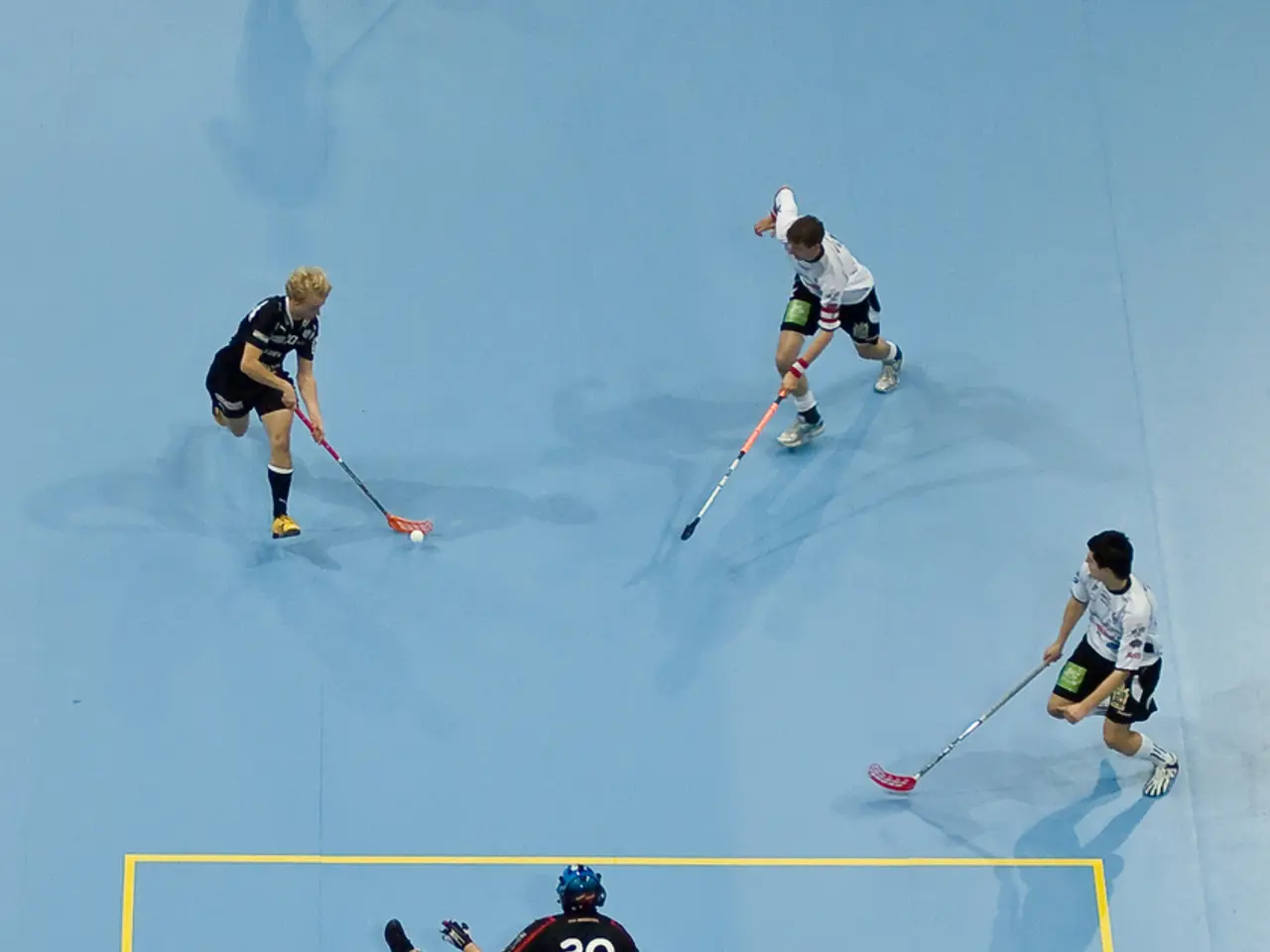Island residents accused of excessive, unfavorable contracts, but Mathew Darche is alleviating this issue
The New York Islanders' current player contracts have been ranked as one of the least efficient in terms of market value compared to actual salary, according to an analysis by Dom Luszczyszyn of The Athletic. The Islanders rank 29th out of 32 NHL teams, with an overall efficiency grade of "C," indicating they are among the worst in the league at getting value for their salary commitments.
Key points include:
- The Islanders carry several poor contracts, particularly long-term seven-year deals given to Pierre Engvall and Scott Mayfield, both with five years remaining and rated as bad value due to underperformance and injury history.
- Out of 20 contracts assessed, only seven received an acceptable efficiency grade ("B-" or higher), and six of those good deals were signed by the current general manager, Mathieu Darche, who took over recently.
- The team's struggle with contract efficiency largely stems from legacy deals made under former GM Lou Lamoriello, leaving the Islanders in a difficult position under the salary cap despite a reasonable overall cap hit for 2025-26.
In the draft, Mathieu Darche selected standout blueliner Matthew Schaefer with the No. 1 overall pick, aiming to bolster the team's defense. However, the team's financial situation may limit the impact that new players can have, given the burden of the current contracts.
One of the notable bad contracts is that of Pierre Engvall, who was benched multiple times last season and was demoted to the AHL. Engvall and Scott Mayfield, who is projected to be a third-pairing defenseman in 2025-26 and beyond, have the top detrimental contracts for the Islanders, each with 5 years remaining.
On the positive side, Mathew Barzal is the only contract signed by former general manager Lou Lamoriello with an acceptable value. Mathieu Darche also made several good moves, such as trading star defenseman Noah Dobson to the Montreal Canadiens for two first-round draft picks and Emil Heineman, and signing Jonathan Drouin to bolster his middle six. Maxim Tsyplakov, Simon Holmstrom, Emil Heineman, Tony DeAngelo, and David Rittich are the seven contracts executed by Darche that received acceptable grades of a "B-" or higher.
The analysis quantifies each player's market value over the remainder of their contract, comparing it to what they're actually being paid. The analysis also factors in the likelihood of the contract being a good deal.
The New York Islanders' poor contract efficiency contrasts with teams like the Minnesota Wild, ranked much higher in contract efficiency by the same metric. This inefficiency reflects significant challenges in balancing player salary with market value for the Islanders.
[1] Source: The Athletic, Contract Efficiency Rankings for NHL Teams [2] Source: The Athletic, Minnesota Wild Top Contract Efficiency Rankings for NHL Teams [3] Source: Cap Friendly, New York Islanders Salary Cap Information for 2025-26
- The New York Islanders' struggles with contract efficiency are not limited to ice hockey, as their current American football roster also faces challenges, given the heavy burden of underperforming contracts, particularly long-term deals like those held by Pierre Engvall and Scott Mayfield in NFL terms. These players may be comparable to overpaid, underperforming NFL players.
- While the Islanders may struggle with contract efficiency in both sports, they can potentially learn from teams such as the Minnesota Wild, not only in their NHL roster but also in American football, where the Wild have demonstrated more efficient contracts, as evidenced by the same analytical approach used by Dom Luszczyszyn of The Athletic. This efficiency could serve as a model for the Islanders to emulate when managing their football roster.







